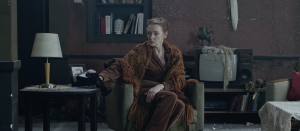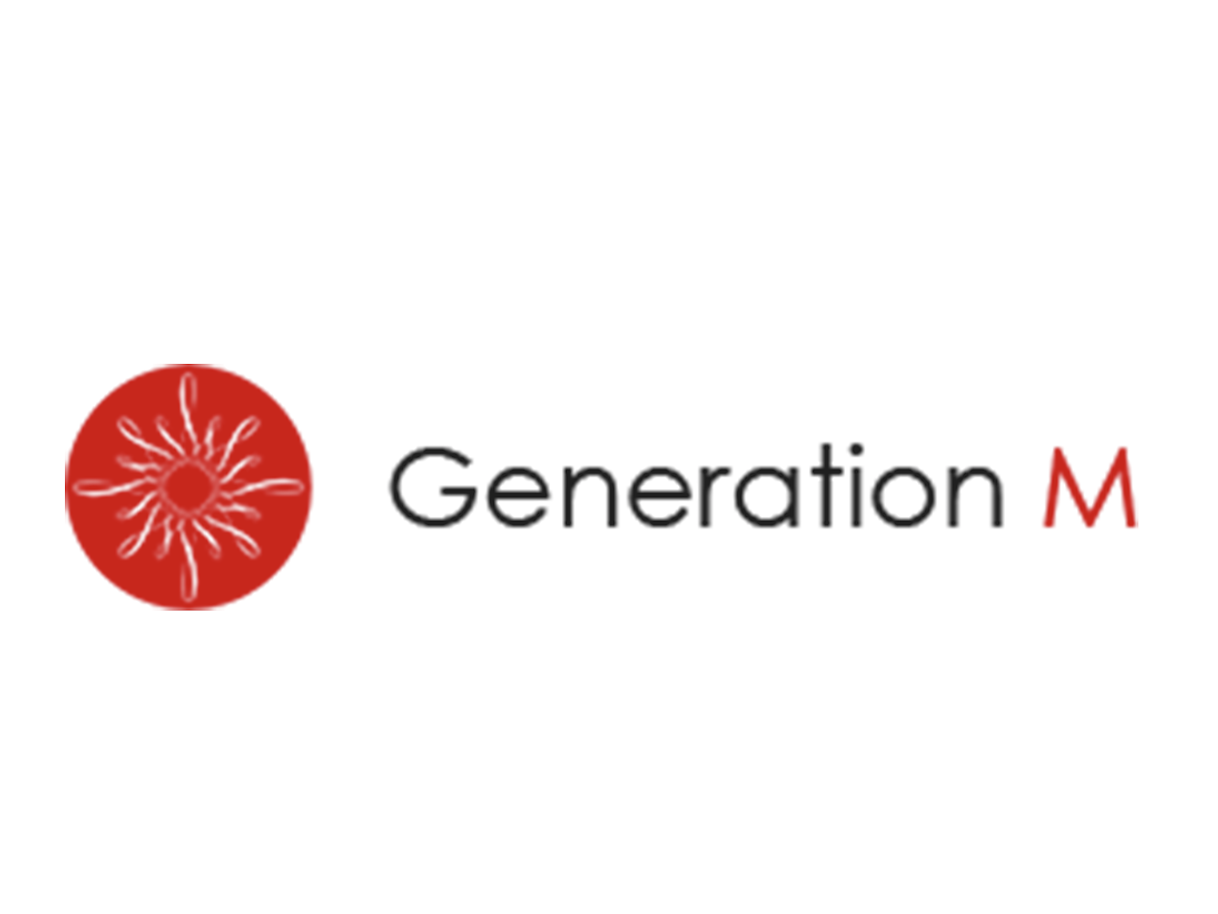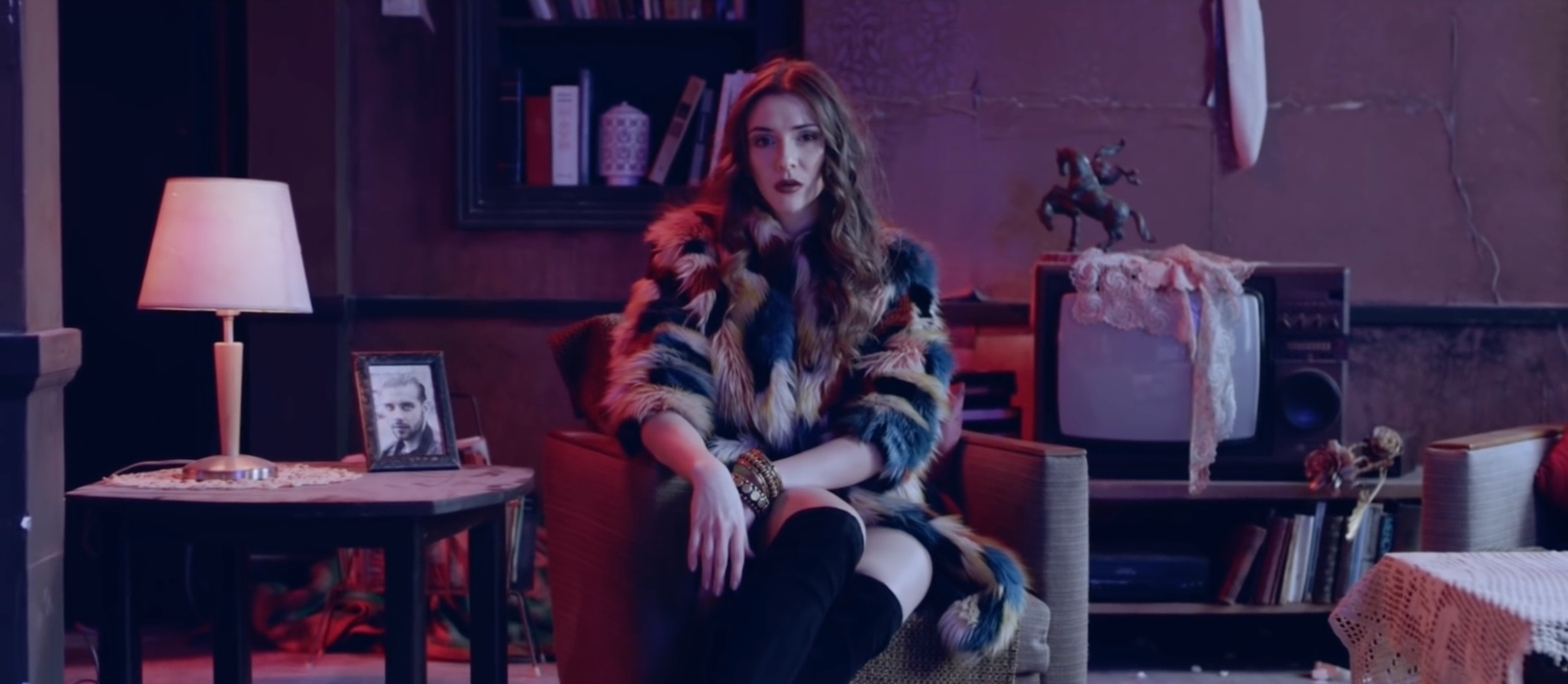While Jana Burćeska infectious pop ballad finds itself to be easily one of the best entries Macedonia has had for Eurovision in years, it also raises some interesting, (and quite sophisticated) questions and assumptions as to where the nature of virtual reality will head next.
In her video, an elderly version of Jana is seen in a neutral toned room, with shattered glass and plates, and a shot of a former lover it is presumed next to a VR headset. Elderly Jana runs her fingers along her skin, pushing her hair up in an updo, before a panning shot of her hand picks up the glasses, places them over her face. She is immediately thrust into a much more modern setting of the same room with the man in the photograph we see at the beginning of the music video dancing alongside her. Shots of a much younger and playful Jana are intercut with bright flashes of red and blues that demonstrate what she is actually seeing through her VR headset. The VR headset functions as a way for Jana to relive her past to relive moments of dancing with a loved one.
And pretty sophisticated ideas are explored : Can VR be a stand in for people to be able to relive precious moments?
Most VR is used and implemented in video games allowing its user to to be involved in a completely immersive experience. Along with gaming, virtual headsets, specifically the Oculus Rift, are trying to break through to different forms of media such as film. Spherical videos (which are also known as 360 degree videos) can be viewed by the user by simply moving the user’s head around creating a full space and which you’ve probably seen as an option in some of the Youtube videos you’ve come across.
As for the social implementations of VR in it’s current state, VR developers are currently testing ways to allow multiple users to inhabit a shared space and to interact with objects. Some VR headsets are also used for treatment for patients suffering from PTSD and this form of Virtual Reality Exposure Therapy is used for the reduction, primarily, of PTSD in veterans.
While VR is in the works to be a household item in the next few decades, this implemented technology and its ability to traverse different forms of media allow it to affect and appeal to many different people – especially to people who want to relive

specific moments and times in their lives. Currently in development, there are multiple VR platforms that allow users to record moments, functioning like a camera, as it records a video and creates a 360 degree version of the file. You’ll be able to recreate the moment you tied your cousin’s shoe, a night out with friends in Bitola, or the time you had your first swig of rakija. But while VR might be a fantastic way for us to document and save our most cherished memories, there is a danger that VR poses like any other new form of technology – it may affect our interpersonal skills and affect our ability to relate to actual reality. We could use VR as a means of escape – as perhaps an addictive alternative to the real world.
At the end of Jana’s video, we see her young self lift her headset off her head, and she is thrust back into the reality- and we realize the room is the same as it has been for years – The broken glass in the same spot, the frame in the same corner of the room suggesting our elderly Jana and her complete negligence of the room’s state, and of her own. While VR can replicate and allow us to feel certain things once more , we will still find ourselves “dancing alone.”
[trx_infobox style=”regular” closeable=”no” color=”#FFFFFF” bg_color=”#E60209″] Best wishes and luck to Jana Burćeska this year at the Eurovision Song Contest in Kyiv![/trx_infobox]
If you are interested in VR, please be sure to visit Kinetiqreality.com, a Macedonian company providing world-class virtual reality technology
—
The views of the author may not necessarily reflect the views of the United Macedonian Diaspora and Generation M.

